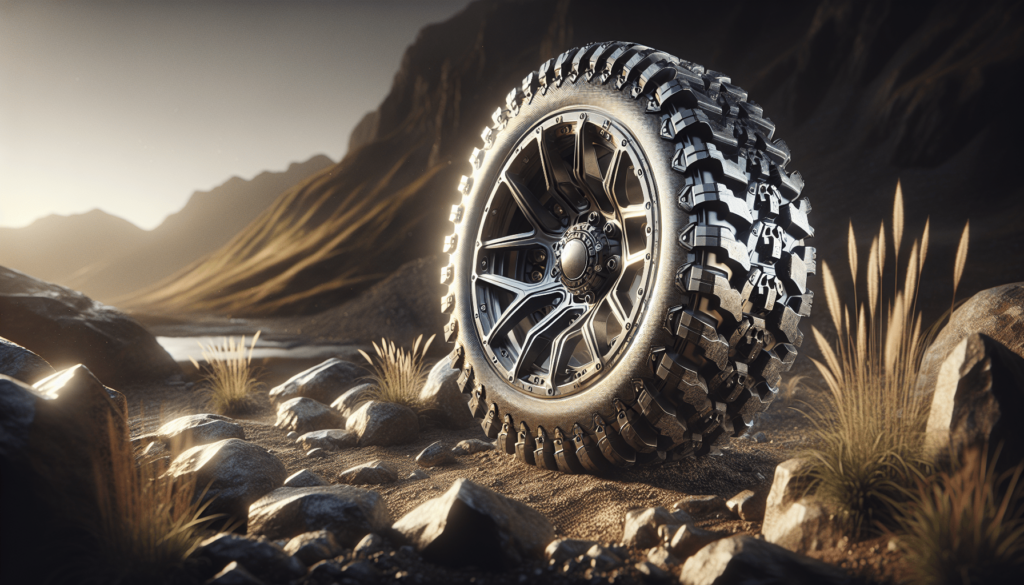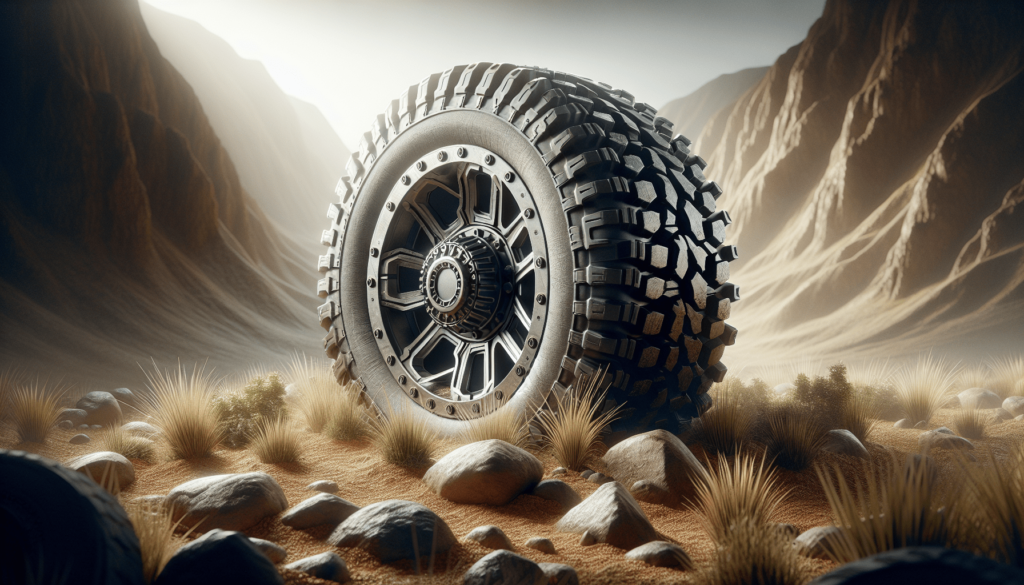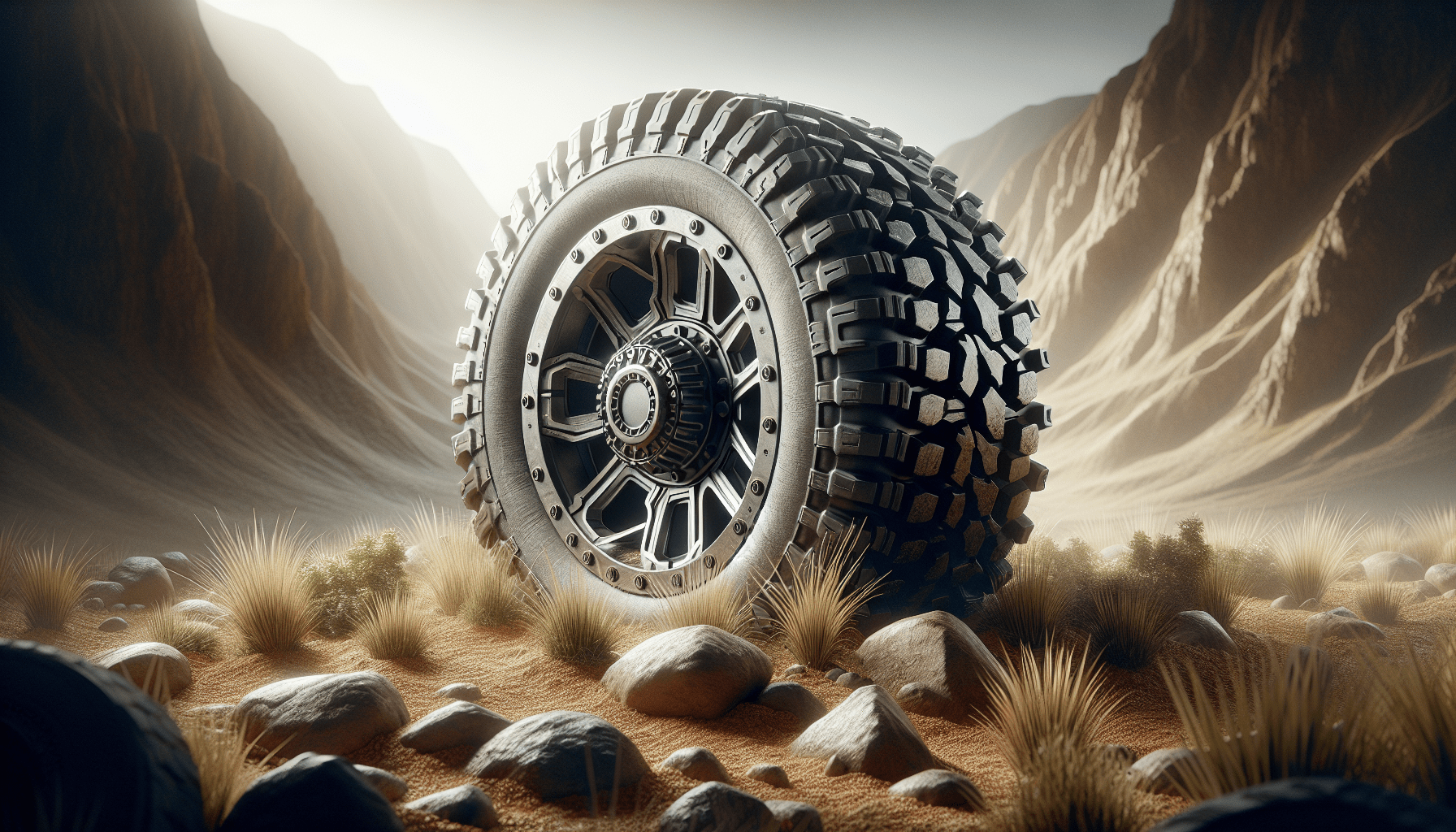What if you could enhance your outdoor adventures with just the right set of wheels for your collapsible wagon?

Understanding the Basics of All-Terrain Wheels
When it comes to navigating various terrains, the type and quality of wheels can make all the difference. All-terrain wheels are designed to tackle a multitude of surfaces, from sandy beaches to rocky trails. By understanding what these wheels are, you can make a smarter choice when it comes to your collapsible wagon.
Why All-Terrain Wheels Matter
Imagine rolling your wagon effortlessly over grass, gravel, and sand without feeling every bump and dip. Good all-terrain wheels reduce wear on your wagon and improve its overall performance.
- Durability: Sturdy materials help resist wear and tear, allowing for long-lasting use.
- Versatility: These wheels can handle various terrains, making them ideal for camping trips, picnics, or trips to the beach.
- Ease of Movement: A well-designed wheel can make it easier to maneuver your wagon, reducing the amount of effort you need to exert.
Key Features to Look For in All-Terrain Wheels
Selecting the right wheels for your collapsible wagon means knowing which features to prioritize. Here’s a closer look at what to consider.
Wheel Size
The size of the wheel can significantly impact its performance. Larger wheels typically provide better ground clearance and can navigate obstacles more effectively.
| Wheel Size | Pros | Cons |
|---|---|---|
| 6 inches | Lightweight and easy to store | Can struggle on rough terrain |
| 8 inches | Good balance of maneuverability and stability | Slightly heavier |
| 10 inches | Excellent for all terrains, including sand and gravel | Might make the wagon bulkier to transport |
Material Composition
Wheels can be made from various materials, which can affect everything from the longevity of the wheel to the comfort of the ride.
- Plastic: Lightweight and cost-effective, but often lacks durability.
- Rubber: Offers excellent traction and shock absorption, making for a comfortable ride over rough terrain.
- Air-Filled: Provides maximum comfort and shock absorption but requires maintenance to avoid flat tires.
Tread Design
The tread design significantly impacts traction on different surfaces, which is crucial when you’re out and about.
| Tread Type | Best For | Features |
|---|---|---|
| Flat | Smooth surfaces | Provides speed but lacks grip on uneven terrain |
| Knobby | Rough or loose surfaces | Offers great traction, ideal for hiking or sandy areas |
| Mixed | All-around use | Balanced design, good on various terrains |
Weight Capacity
Do you plan on loading your wagon with heavy gear or transporting little ones? Understanding weight capacity is crucial. Check the manufacturer’s specifications to ensure the wheels can support your intended load without compromising performance.
Wheel Bearings
High-quality bearings are essential for smooth movement. They minimize friction between the wheel and axle, enhancing efficiency. Look for:
- Sealed Bearings: Protect against dust and water, prolonging lifespan.
- Loose Ball Bearings: Offer easy maintenance but may require more frequent replacement.

Assessing Your Needs
Before you commit to a purchase, consider how you’ll be using your collapsible wagon.
Activity Types
Your choice of all-terrain wheels should align with how you plan to use your wagon. Here are some common activities:
- Camping Trips: If you’re loaded down with gear, opt for larger wheels with a sturdy tread to handle rugged paths.
- Beach Days: Choose wider, air-filled wheels that can glide over sand without sinking.
- Parks and Trails: For smooth paths, a smaller wheel may suffice, but consider versatility for occasional bumps.
Frequency of Use
Are you a casual user or an avid outdoor enthusiast? Frequent use may warrant a higher-quality wheel that can withstand the demands of regular outdoor adventures.
Terrain Considerations
Where do you plan to use your wagon most? Understanding the various terrains can help narrow down your options.
- Soft Sand: Look for larger wheels with a wider base to distribute weight.
- Rocky Paths: Sturdier materials with knobby tread will improve traction and handling.
- Grassy Areas: A versatile wheel that combines durability and comfort will work well.
Comparing Options
With your needs in mind, it’s time to compare specific options.
Popular All-Terrain Wheels
Here is a brief comparison of some popular all-terrain wheel options on the market:
| Wheel Model | Size | Material | Tread Design | Weight Capacity |
|---|---|---|---|---|
| Good Nature Comfort Wheel | 10 inches | Rubber | Knobby | 150 lbs |
| Beach Buddy Roller | 12 inches | Air-filled | Wide & Flat | 200 lbs |
| Campmate Easy Roll | 8 inches | Plastic | Mixed | 120 lbs |
Pros and Cons of Each Option
You might wonder which option is the best. Here’s a breakdown of the pros and cons to help your decision-making process.
Good Nature Comfort Wheel
- Pros: High weight capacity, excellent traction on uneven surfaces.
- Cons: Slightly heavier than others, may need extra effort on soft terrain.
Beach Buddy Roller
- Pros: Excellent for sandy beaches, wide wheels prevent sinking.
- Cons: Bulkier and may not be the best for rocky terrains or narrow paths.
Campmate Easy Roll
- Pros: Lightweight and easy to handle; affordable.
- Cons: Lower weight capacity may limit usage for heavy loads.
Maintenance Tips for Long-Lasting Performance
Investing in high-quality wheels is just one part of the puzzle. Regular maintenance can ensure they remain in top shape while prolonging their life.
Cleaning
After each outdoor adventure, it’s wise to clean your wheels. Sand, dirt, and salt can accumulate, leading to quicker wear.
- Use a damp cloth to wipe down surfaces.
- Rinse with water to remove debris and allow them to dry completely.
Inspection
Periodically check for wear and tear, especially before significant trips. This can prevent unexpected issues during your adventures.
- Look for cracks or signs of flattening.
- Ensure that the wheel bearings are functioning properly.
Storage
When not in use, store your wagon in a dry area, which prevents rust and protects the wheels from moisture damage.
- If possible, avoid leaving it in direct sunlight for extended periods to prevent plastic deterioration.
Customizing Your Collapsible Wagon
Did you know you have options for customization? Adding or modifying your wheels can enhance performance even further.
Swapping Wheels
If your current wheels aren’t serving your needs, consider upgrading. Many collapsible wagons allow for easy wheel changes.
Adding Suspension
Some wheels come with built-in suspension systems, giving you an extra layer of comfort over rough terrains. This installation might require tools, but the payoff in comfort is well worth it.
Accessory Attachments
You can also enhance functionality with accessories such as cup holders, canopies, or additional storage options that help balance weight and improve mobility.
Final Thoughts on Selecting the Right Wheels
Choosing the right all-terrain wheels for your collapsible wagon can significantly enhance your outdoor experiences. By understanding the features that matter—such as wheel size, materials, tread designs, and weight capacity—you can make an informed choice that meets your unique needs.
Consider how you’ll be using your wagon, and don’t hesitate to compare different options. With the right wheels, you’ll find your adventures richer and much more enjoyable. Happy wheeling!

